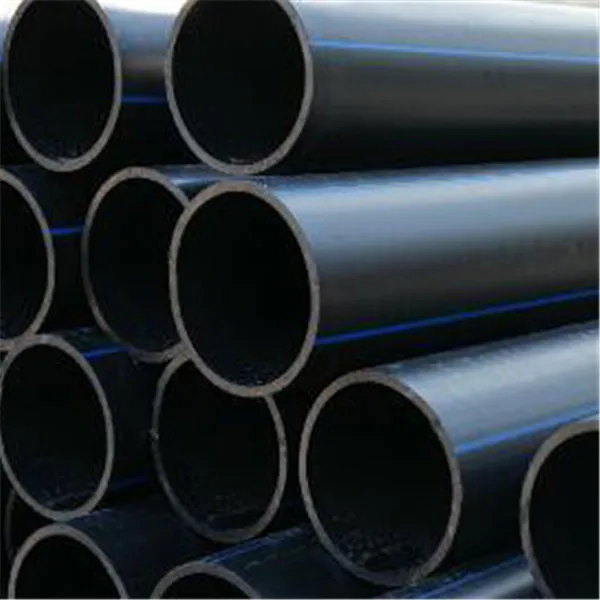Aug . 17, 2024 11:36 Back to list
Innovative Applications of Polypropylene Panels in Modern Construction and Design
The Versatility of Polypropylene Panels
Polypropylene panels, made from one of the most widely used thermoplastic polymers, are gaining popularity in various industries due to their unique properties and benefits. Renowned for their excellent chemical resistance, lightweight nature, and versatility, these panels are used in a plethora of applications ranging from construction to the automotive sector.
One of the defining characteristics of polypropylene panels is their exceptional durability. They can withstand exposure to various chemicals, making them ideal for environments where contact with acids, bases, or solvents is frequent. This durability ensures that polypropylene panels do not degrade or lose their structural integrity over time, offering a long-lasting solution for both industrial and residential applications.
In addition to their chemical resistance, polypropylene panels are lightweight compared to many other materials, including metal and wood. This property not only simplifies transportation and installation but also reduces the overall load on structures. As a result, they are becoming increasingly popular in the construction of lightweight structures, partitions, and even furniture. Their flexibility in design allows them to be cut, shaped, and assembled into a wide range of products, providing creative solutions that meet the needs of various projects.
Furthermore, polypropylene panels are recognized for their water resistance. They do not absorb moisture, making them suitable for use in humid environments, such as kitchens and bathrooms. This characteristic also prevents the growth of mold and mildew, ensuring a healthier living space. In industries, water-resistant panels are essential for wall coverings in food processing plants and laboratories, where cleanliness and hygiene are paramount.
polypropylene panel

Sustainability is another critical factor driving the adoption of polypropylene panels. Many manufacturers are now focusing on producing panels that are recyclable, promoting a circular economy where materials can be reused and repurposed. The ability to recycle polypropylene helps reduce waste in landfills and conserve resources, aligning with global efforts to embrace sustainable practices.
In the automotive industry, polypropylene panels are utilized for their high strength-to-weight ratio. They contribute to weight reduction in vehicles, which is crucial for improving fuel efficiency and reducing emissions. Additionally, the panels can be molded into complex shapes and are available in various colors, allowing for creative vehicle designs without compromising safety or performance.
Polypropylene panels also excel in the realm of aesthetics. Available in a wide range of colors and finishes, they can be tailored to meet specific design requirements. This ability to blend functionality with visual appeal makes them attractive for architectural applications, interior design, and signage. Customization options are vast, allowing architects and designers to push creative boundaries while maintaining practical benefits.
In conclusion, polypropylene panels are a remarkable material that combines durability, versatility, and eco-friendliness. Their applications are as diverse as their properties, making them a preferred choice across multiple sectors, including construction, automotive, and design. As industries continue to seek innovative solutions that are both sustainable and efficient, polypropylene panels are well-positioned to play a pivotal role in shaping the future of material science and engineering. With ongoing advancements in production technologies and applications, we can expect to see even more ingenious uses of this versatile material in the years to come.
-
High-Quality PPR Pipes and Fittings Durable ERA PPR & PVC PPR Solutions
NewsJul.08,2025
-
Black HDPE Cutting Board - Durable, Non-Porous & Food Safe HDPE Plastic Cutting Board
NewsJul.08,2025
-
High-Quality CPVC Panel Durable HDPE & PVC Panels Supplier
NewsJul.08,2025
-
Double PE Welding Rod Supplier - High Strength, Durable & Versatile Welding Solutions
NewsJul.07,2025
-
High-Quality PVC-O Pipe Supplier Durable 75mm PVC Pipe & Connections Leading PVC Pipe Company
NewsJul.07,2025
-
HDPE Drainage Pipe Supplier – Durable & Corrosion-Resistant Solutions
NewsJul.06,2025

